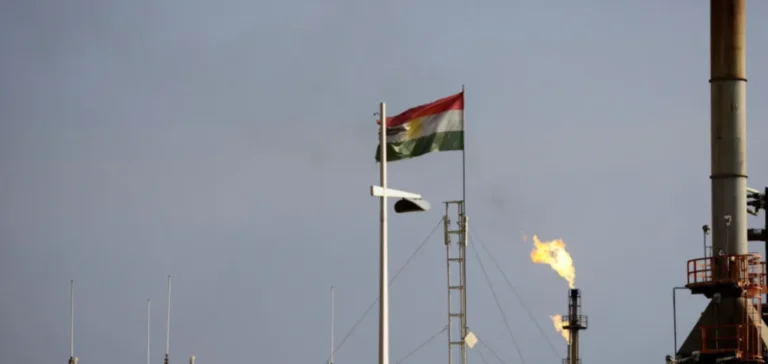The federal government of Iraq and the Kurdistan Regional Government (KRG) have announced a joint investigation following the drone attack on the Khor Mor gas complex in the northeast of the country. The incident forced the operator to temporarily halt operations, leading to a major disruption in electricity supply across the region.
Federal and regional investigative mechanism
Prime Minister Mohamed Shia al-Sudani ordered the formation of an investigative committee comprising representatives from the Ministries of Interior, Oil, and Defence, alongside KRG security officials. The stated objective is to determine the precise circumstances of the attack and identify the suspected perpetrators. No official claim of responsibility was made in the immediate aftermath.
The Khor Mor field is operated by Pearl Petroleum, a consortium led by Emirati company Dana Gas. The site, producing over 750 million cubic feet of gas per day, supplies key power stations in Kurdistan. Its repeated exposure to rocket and drone strikes is considered a critical vulnerability for Iraq’s energy security.
Strategic relevance of the targeted field
Kurdish authorities also expressed their intention to fully cooperate with Baghdad in the investigation, while calling for increased international support to strengthen energy infrastructure security in the region. Kurdistan Prime Minister Masrour Barzani stressed the need to modernise anti-drone defence systems at sensitive sites.
The attack comes shortly after the completion of the KM250 expansion project, which involved a $1.1bn investment and increased the field’s production capacity by 50 %. This upgrade further reinforces Khor Mor’s central role in both regional and federal energy strategies.
Immediate operational consequences
The forced production halt led to a sharp decline in power supply for cities dependent on Khor Mor gas, with daily electricity availability falling below six hours in several areas. Private generators were required to compensate for the interruption, raising costs for households and businesses.
Dana Gas is still assessing the operational impact. Previous attacks had already raised concerns about workforce safety, particularly after several employees were killed in 2024. The company has yet to release an update regarding full site restart timelines or additional security measures.
Regulatory and diplomatic implications
Diplomatically, the investigation takes place amid growing tensions between Baghdad and non-state armed groups, often accused of targeting strategic assets to undermine the central government. The U.S. State Department has previously raised the prospect of sanctions targeting the financial backers of such militias.
Security compliance at Khor Mor could become a decisive factor in future negotiations between Baghdad, Erbil and international investors. Any failure identified during the joint investigation may also reignite legal disputes between the KRG and its energy partners.






















